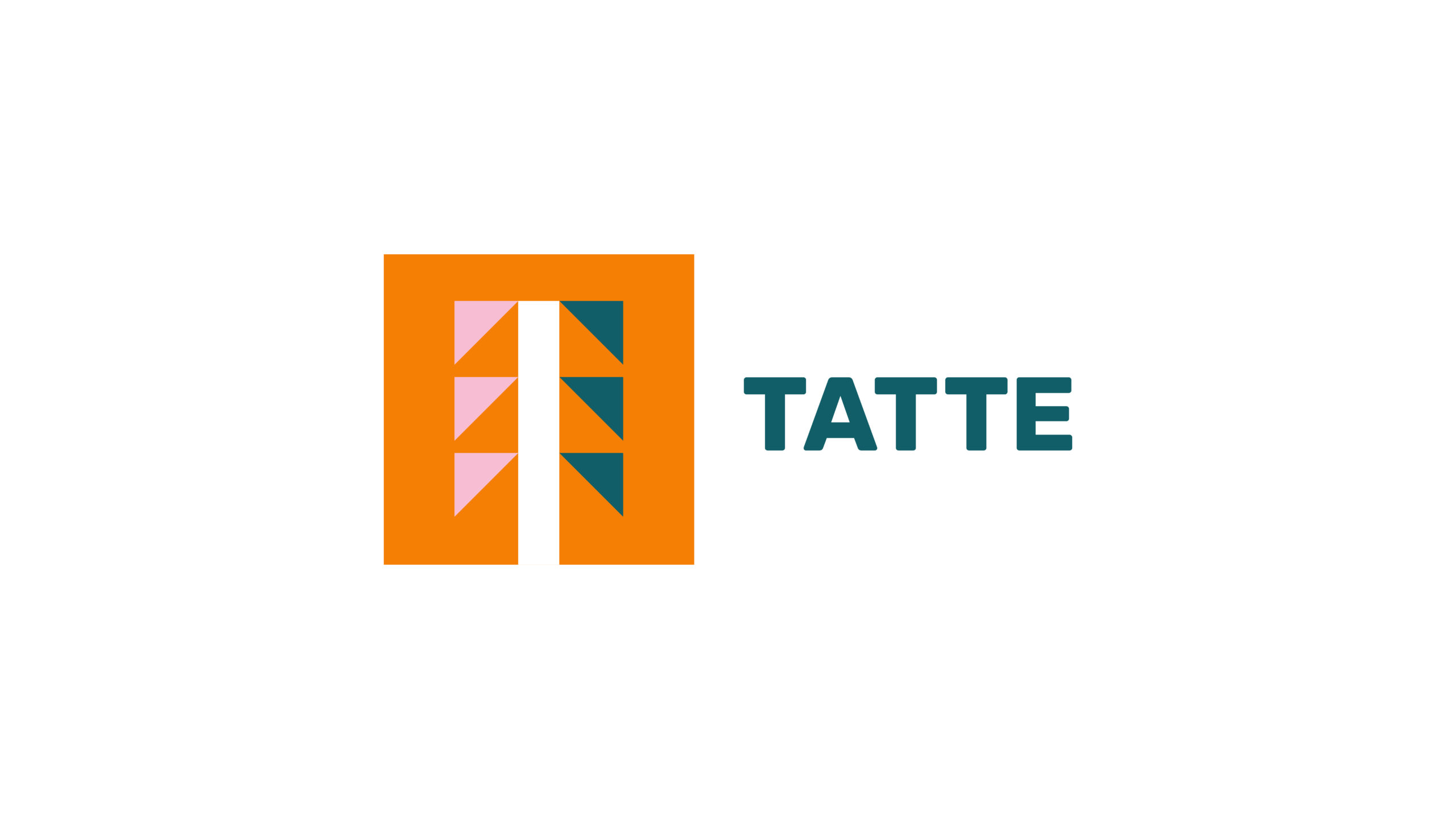Last Thursday, a group of students staged a nonviolent, ‘die-in’ style demonstration during a meeting of the Tampere University board in the Main Building. The demonstrators have explained that they were seeking to create a conversation with the university board about the university’s responsibilities in light of the ongoing violence in Gaza. In doing so, the students accessed a corridor that the university designates as staff-only, and when students refused to leave, university staff called the police. Eventually, the students and a journalist covering the demonstration were ordered to leave by the police, and three students were arrested. Additionally, we understand that a staff member is being investigated for possibly having allowed students to access the corridor.
These are tense times, here at the university and beyond, and we are deeply concerned by the decision to call the police on student demonstrators, the removal of the journalist, and the reported investigation into a staff member. The unthinkable violence being inflicted on people living in Gaza has many members of the university community on edge. While we know that there are strong disagreements within the university around if and how the university should respond, it is important to remember that many members of our community are directly affected by what is happening, including students and staff members from Gaza whose family members have been displaced or killed.
Given the seriousness of the situation in Gaza and its ongoing ramifications here at our university, it is important that university leadership find ways to productively engage with concerned students and staff, while exercising the utmost restraint and care in responding to nonviolent demonstrations. In recent years, many university community members have felt alienated from the central decisions that define what the university will be going forward. There have been some signs of more positive developments recently, but we are worried about the ramifications of the decision to call the police on a nonviolent student demonstration and to investigate a staff member who may have participated. In the interest of de-escalating tensions, building trust, and supporting the wellbeing of students and staff, we hope the university management will exercise leadership by beginning a real dialogue and avoiding punitive responses. We appreciate recent efforts by university management to communicate, but these disagreements are not simply going to go away, nor are the student demonstrators the only community members who are concerned, as evidenced by the petitions and letters circulating right now. We would encourage the university to take this moment as an opportunity to think in a broad and careful way about how the university can better address the impacts of wars and crises on the university community and to systematically reflect on the ethical implications of the university’s statements, partnerships, and investments.
Actions by university leadership have the potential to either help move our community forward in grappling with our responsibilities in the current moment, or they can escalate tensions and alienate community members. We think it is in everyone’s interests that the university does not go down the second path.
